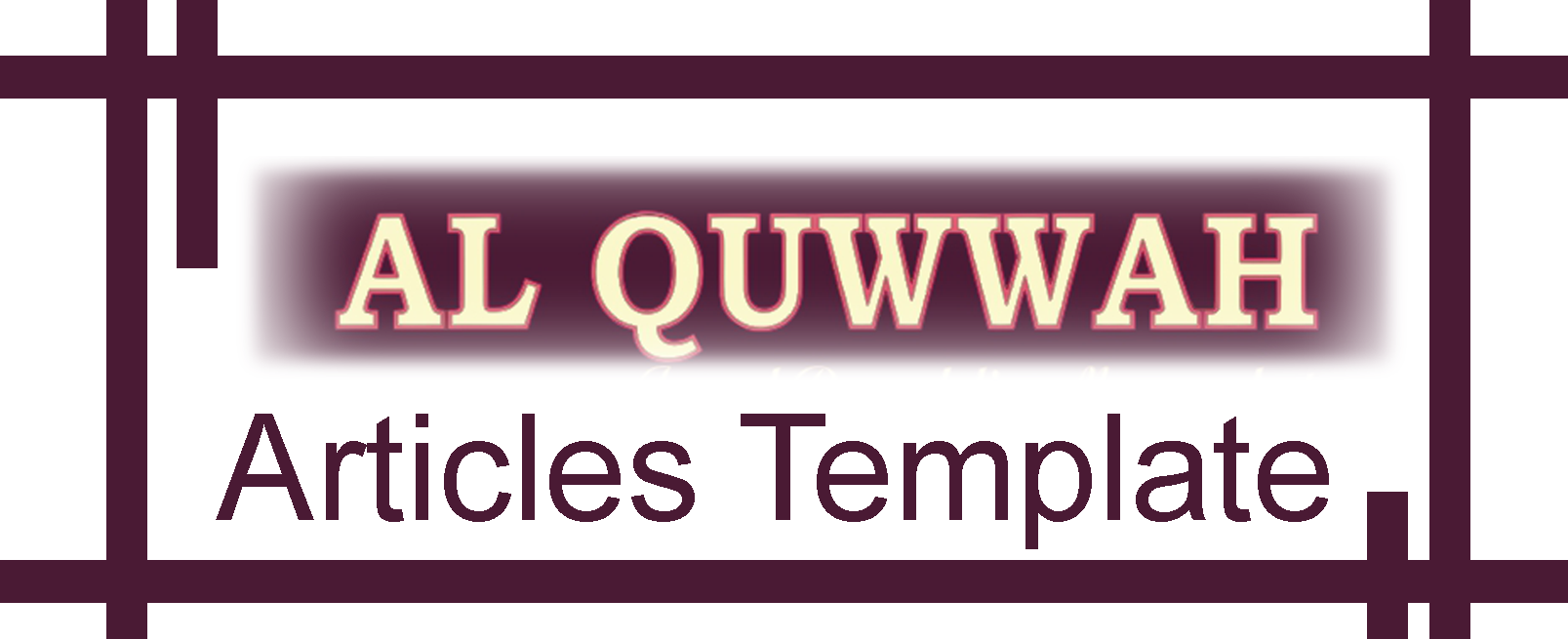Literasi Media Sosial Dalam Pendidikan Non-Formal
Abstract
This paper provides an overview of social media literacy education in non-formal education. Social media literacy is needed so that the use of social media will be much healthier with positive content and can bring benefits for yourself, community, nation and country. Media literacy is a media literacy movement designed to enhance individual control over the media used to send and receive messages. Media literacy can be viewed as a skill that can be developed. Opportunities to develop media literacy movements, especially social media are very large in the portion of non-formal education. Training in non-governmental organizations, discussions, seminars, can be done maximally within the scope of non-formal education. Finally, it is hoped that with literate on social media, people become smart in utilizing the media in everyday life.
Tulisan ini memberikan gambaran tentang pendidikan literasi media sosial pada pendidikan non formal. Literasi media sosial diperlukan agar penggunaan media sosial jauh lebih menyehatkan dengan konten yang positif dan dapat membawa manfaat bagi diri sendiri, masyarakat, bangsa dan negara. Literasi media merupakan gerakan literasi media yang dirancang untuk meningkatkan kontrol individu terhadap media yang digunakan untuk mengirim dan menerima pesan. Literasi media dapat dipandang sebagai keterampilan yang dapat dikembangkan. Peluang untuk mengembangkan gerakan literasi media khususnya media sosial sangat besar pada porsi pendidikan nonformal. Pelatihan di lembaga swadaya masyarakat, diskusi, seminar, dapat dilakukan secara maksimal dalam lingkup pendidikan nonformal. Terakhir, dengan melek media sosial diharapkan masyarakat menjadi cerdas dalam memanfaatkan media dalam kehidupan sehari-hari.
Downloads
- All articles published in Al Quwwah are licensed under a Creative Commons Attribution-ShareAlike 4.0 International (CC BY-SA) license. This means anyone is free to copy, transform, or redistribute articles for any lawful purpose in any medium, provided they give appropriate attribution to the original author(s) and Al Quwwah, link to the license, indicate if changes were made, and redistribute any derivative work under the same license.
- Copyright on articles is retained by the respective author(s), without restrictions. A non-exclusive license is granted to Al Quwwah to publish the article and identify itself as its original publisher, along with the commercial right to include the article in a hardcopy issue for sale to libraries and individuals.
- Although the conditions of the Creative Commons Attribution-ShareAlike 4.0 International (CC BY-SA) license do not apply to authors (as the copyright holder of your article, you have no restrictions on your rights), by submitting to Al Quwwah, authors recognize the rights of readers and must grant any third party the right to use their articles to the extent provided by the license.
 This work is licensed under a Creative Commons Attribution-ShareAlike 4.0 International License.
This work is licensed under a Creative Commons Attribution-ShareAlike 4.0 International License.




.png)
.png)


